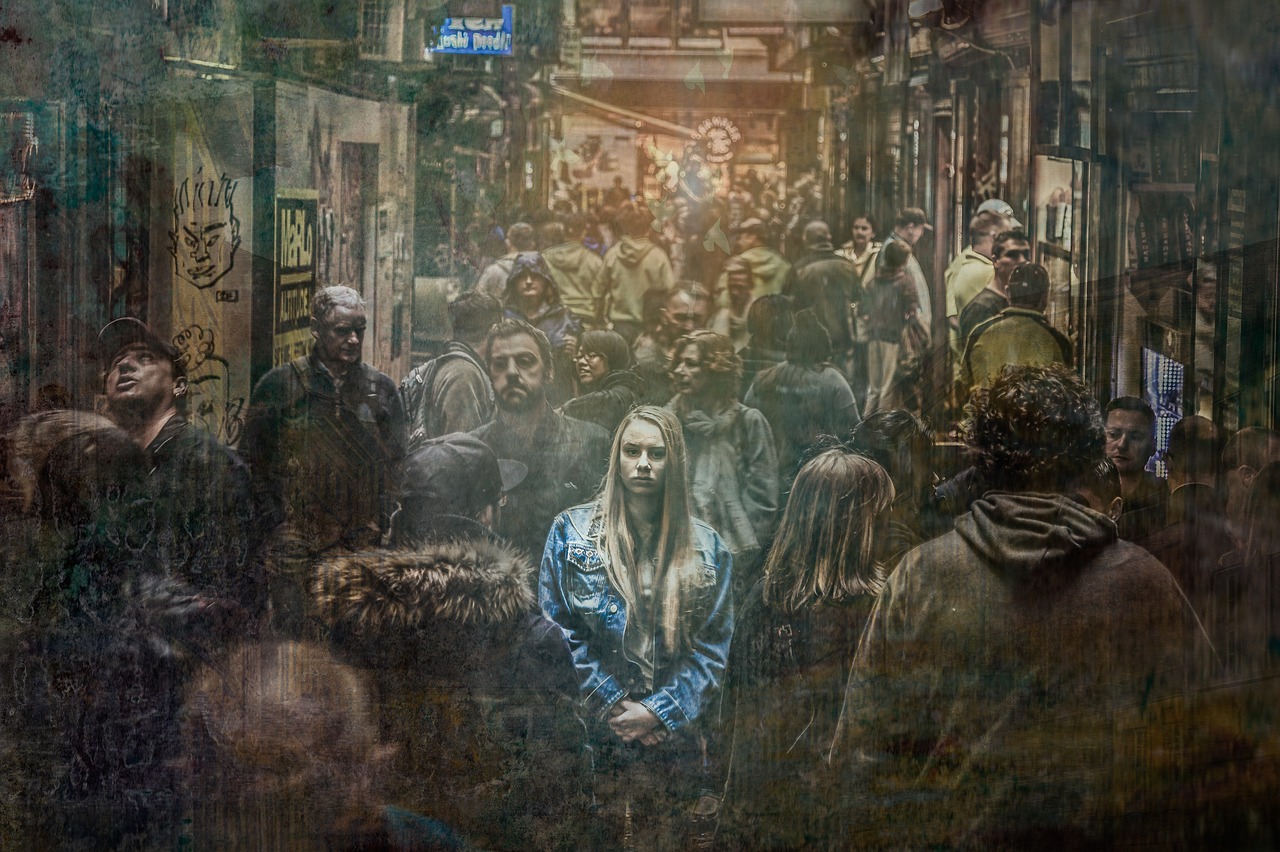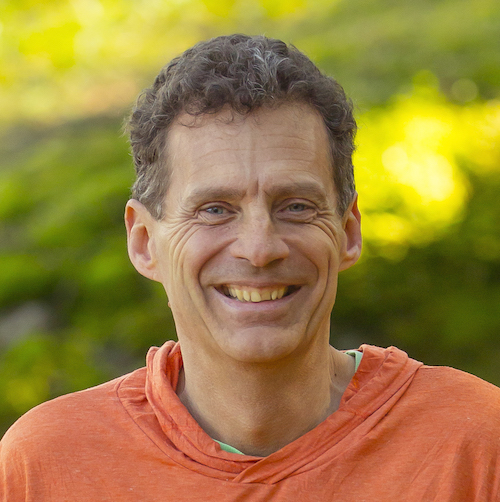
About a 7 minute read.
*** Warning: spoiler alert . . . some details of the show are revealed in this post.
I was pissed off after season one of 13 Reasons Why.
How could they end it by graphically depicting the main character committing suicide? What were they thinking?
I was left with feelings of anger, frustration, and sadness. Where was the moral to the story? Where was the uplifting ending?
There wasn’t one. Season one was a mirror of real life, and real-life can suck.
I was leery, yet compelled to watch season two. I’m grateful I did.
The season delved into the abyss of the after-effects of a suicide: on families, friends, and communities.
The first two seasons highlight subjects that are considered ‘taboo’. Is it alarming it depicted suicide, rape, violence, and bullying? No, not when put in context with these statistics:
- ~1,000,000 people worldwide die by suicide each year
- ~200,000 sexual assaults occur in the US each year
- Estimates put the number of people suffering from anxiety disorders at close to 20% of US citizens
- The movie Deadpool, grossed over 740 million dollars worldwide in which 55 people died by gunshot, vehicle crashes, knives and combat. A representation of glorified violence and what humanity believes is ‘acceptable’ for entertainment.
13 Reasons Why is not ‘mindless’ entertainment. It is brutally honest and accurate.
Here are my thirteen reasons for watching the first two seasons of 13 Reasons Why.
1. Stereotypes
A stereotype is an over-generalized belief about a particular category of people or thing. It encourages barriers that lead to prejudice, by creating assumptions based on a widely held but oversimplified image or idea of a particular type of person or thing. They can be beneficial by helping us communicate using common definitions. But it is easy to lump people together and/or pre-define them based on the characteristics of the label.
Two examples from the show:
Masculine – Athletes like Bryce epitomize stereotypical masculinity – tough, competitive, stoic, callous, and athletic.
Feminine – Cheerleaders like Jessica and Chole and Sheri strive to be soft, sexy, nurturing, supportive, and deferring.
2. Objectification of Women
Young women in the show are viewed by guys as objects: who make note of their ass and their breasts, and worthy or not based on their physical appearance. Do they put out, or not, and how the guys have conquered them sexually.
When women are marginalized as objects it becomes easier for males to legitimize sexual assault and emotionally antagonize and pressure them.
3. Homophobia
Both male and females are chastised and berated if signs of homosexuality arise. Guys tease girls who might be gay calling it sexy. Whereas a boy who is perceived as gay, or who is ‘gay-ish’, is bullied physically and psychologically. This is highlighted through the characters of Hannah, Courtney, Tyler, and Tony.
4. Wanting To Belong
We have an innate desire to belong and feel wanted. Students in the show try different friends and activities ‘on for size’, hoping they will be accepted and find friendship. Many are willing to sell out their souls (and each other) in order to gain acceptance. Those who attempt to stand firm in unpopular beliefs are ridiculed and ostracized.
5. Lying And Hypocrisy
We lie. We omit. We turn a blind eye. We spread rumors. We’re hypocrites. We justify it because we don’t want to hurt someone else’s feelings, to avoid conflict, or to avoid facing the truth of our feelings. We want to be treated differently but yet we turn around and treat others in the way we don’t want to be treated. This is a rampant human condition. ‘Although we’re socialized from the time we can speak to believe that it’s always better to tell the truth, in reality, society often encourages and even rewards deception’. We fear the truth. Avoidance is easy. The truth is difficult. The first step is to recognize our lies and understand why we are lying.
6. Hiding Our Feelings
Men are taught to hide their feelings unless they come in the form of anger or jest (teasing, put-downs). How dare we open up to another to tell them how we really feel? So we disguise and ignore our feelings and emotions. As in the show, when we bottle them up, they don’t disappear, they mutate, build, until they explode into something undesirable, painful, and potentially destructive. ‘Brene Brown, in her book Daring Greatly, points out that shame and guilt are fostered by our attempts to escape our feelings’.
7. Being Judgmental
We’re good at judging and ridiculing others for being different, whether it’s the way they look, the way they behave, or the way they think. It helps us feel better about ourselves and reinforces our identity. Someone needs to be wrong in order for someone else to be right. We typically respond to feeling judged in four ways: detachment, shame, defensiveness, or openness. Can you guess which one is the most difficult and least desirable?
8. Escaping
It’s common for the characters to numb-out, escape, cope, or celebrate with alcohol or drugs. The parents have a glass of wine to lessen their stress or commiserate together or take a sleeping pill to get some rest. What would a high-school party or post-game celebration be without getting blitzed? Is this real? In my experience it is. Our culture encourages this behavior.
9. Parenting by ‘Telling’
I plead guilty (too often for my liking), of being the parent believing I knew what was best for my teenage children. ‘Do what I say, not what I do’, and not willing to listen to their point of view. We mean well, and we parent the way we were parented, but that doesn’t mean it’s effective. Ask questions about their feelings. Listen. Be patient. Be accepting. Be non-judgmental. Give them space. Let your children know they are loved.
10 Abuse/Bullying
Bullying and abuse are about power and control, making ourselves feel better by making others feel worse or less-than. It happens every day, everywhere, and has serious consequences for all involved. Watch for it in others. Watch for it in yourself. It can be subtle.
Those who are abused are often not believed or made to feel it was somehow their fault. This was realistically portrayed in season two with the judge implementing a ‘slap on the wrist’ to Bryce for raping Jessica, and by those who refused to admonish Bryce (his father, girlfriend, teammates, coach) even as facts mounted against him.
Abuse comes in many forms: physical, sexual, mental/psychological, emotional/verbal, financial/economic, cultural/identity. We can help each other by looking for the warning signs in the abuser and the abused. We need to be there for each other, as Jessica’s friends were for her.
11. Emotional/Mental Health
The stigma of mental and emotional health haunts our society. To acknowledge signs of mental or emotional duress can be seen as weakness, that we are incapable or defective in some way. A physical disease is accepted and supported, whereas a mental or emotional situation is uncomfortable and often ‘brushed under the carpet’. Without the opportunity for the support to be vulnerable when we need it the most, depression, loneliness, and suicide rates will continue to increase.
12. Recovery
There are many characters dealing with recovery in season two: Hannah’s parents and Clay from Hannah’s suicide; Justin from heroin addiction and from the guilt of allowing Jessica to be raped; Alex with physical and emotional trauma from his attempted suicide; and all those named on the tapes who felt responsible in some way for Hannah’s choice to end her life.
Recovery has many stages, and is painful, arduous, and in the end, is something that must be realized within ourselves. But . . . support from professionals and from those we can trust and rely on is paramount in recovery. This was depicted in the show with Justin, Clay, Tyler, Jessica, and Hannah’s mom getting support from others. We all need a little help from our friends.
13. Hopelessness And Desperation
Throughout the first two seasons, I was filled with an overwhelming sense of hopelessness and desperation for the characters, and for the real world. How can we possibly find our way out of the mess we’ve created? The season two finale showed me how. We find our way by reaching out and being there for others, supporting them in times of need, and asking for others to be there for us when we are in need. Community, a sense of belonging, and trust are the ways out of hopelessness and desperation.
***
Life is filled with challenges. When we feel alone, they can seem insurmountable. But when we come together, challenges become a catalyst for empathy, support, compassion, kindness, recovery, and love.
13 Reasons Why provides us with an opportunity to openly discuss the challenges we are facing and feeling, in our lives.
We don’t have to go it alone.
If you are in a state of crisis or need someone to talk to, reach out to someone via https://13reasonswhy.info/# .
 I write to inspire others to greater self-empowerment, authenticity, and improved emotional and mental well-being.
I write to inspire others to greater self-empowerment, authenticity, and improved emotional and mental well-being.
I am the author of the unique personal development novel The Shift Squad.
If you like what you read please subscribe for updates, share my articles with others, and add your comments below.
You can connect with me via email at [email protected] , on Facebook, Twitter, and LinkedIn.
Be Empowered. Make Authentic Choices And Enhance Your Quality Of Life.
